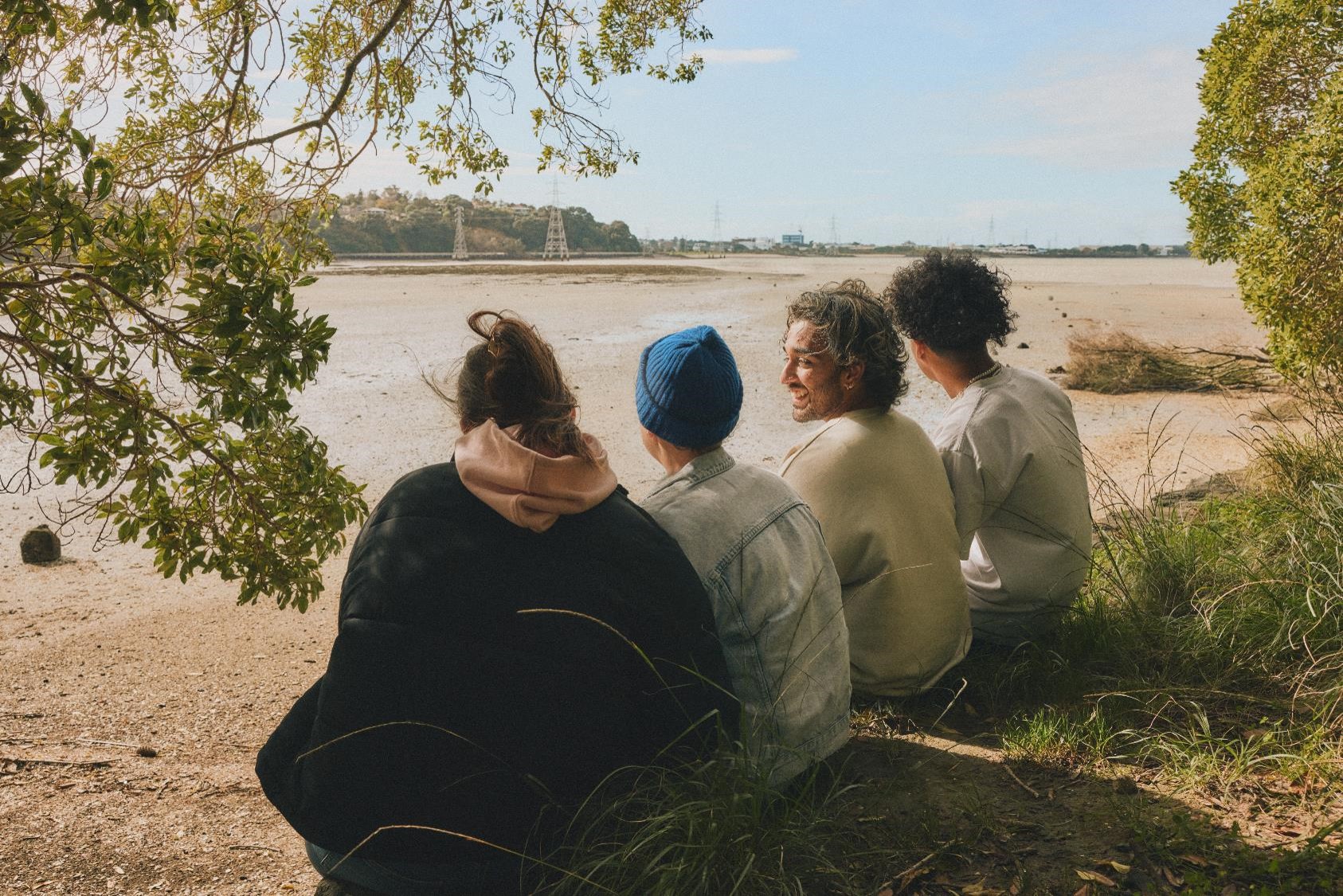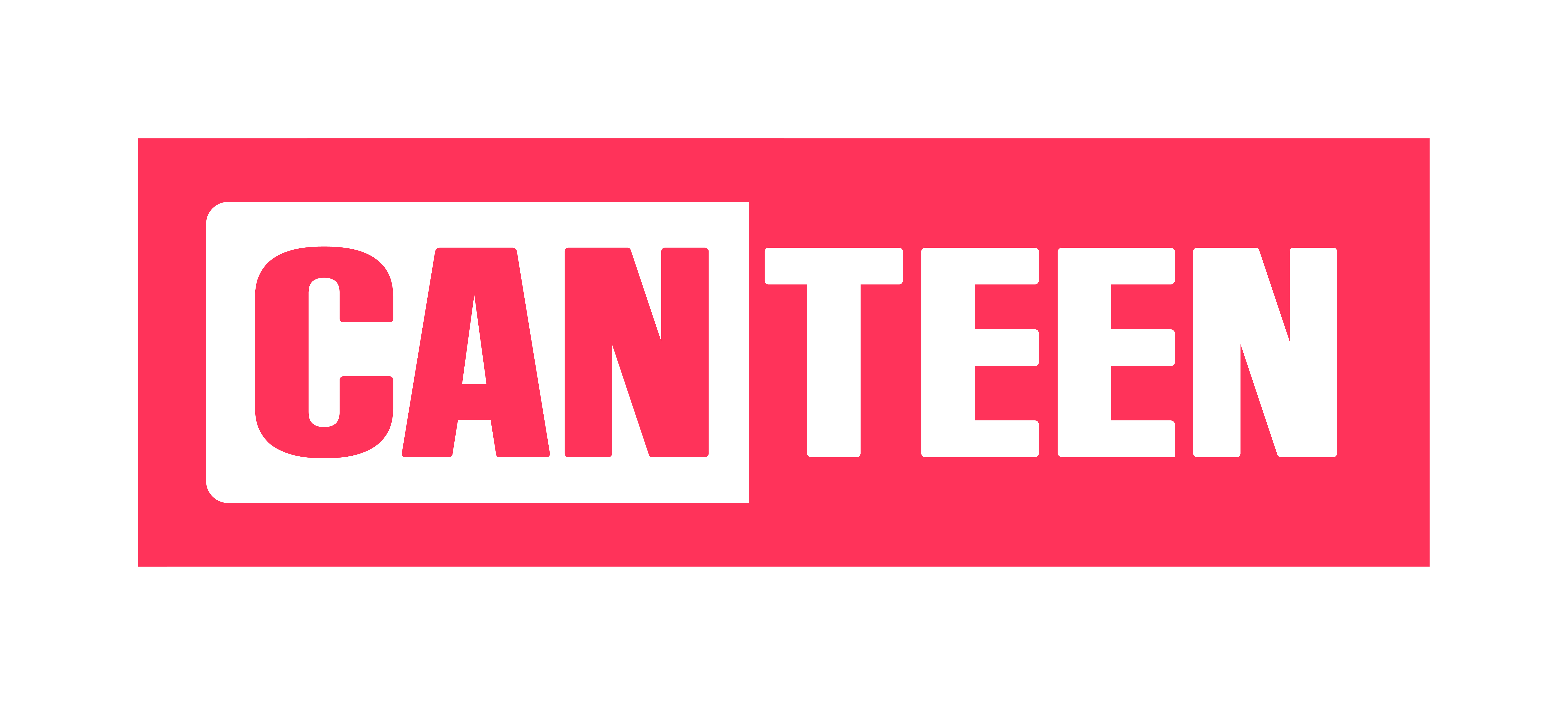A cancer diagnosis can not only impact the physical well-being of rangatahi, but also their mental health. For rangatahi, navigating cancer can be particularly challenging, as they are already at a unique stage in their social, emotional and cognitive development. Struggling with mental health can start at any time when rangatahi has cancer - at diagnosis, during treatment, or after treatment has finished.
This resource explores the effects of cancer diagnosis on the mental health of rangatahi, with some helpful insights and support strategies for those impacted.
Cancer affects everyone differently, but common feelings may include:
- shock
- anger
- guilt
- frustration
- loss or lack of identity and direction in life
- lack of confidence or feeling useless
- hopelessness
- sadness
- worry
- emptiness/numbness
Sometimes, feelings of a cancer diagnosis can develop into mental health challenges. Some of these can include:
- anxiety
- depression
- loneliness
- suicidal thoughts
- post-traumatic stress disorder (PTSD) around treatment or diagnosis experiences
- feeling like they are disconnected from reality and their peers, sometimes called dissociation
Cancer affects not just the individual, but can also impact the wider whānau. It can put a strain on resources, like finances and transport to and from treatment, and being away from home for treatment can create challenges in relationships within the whānau and wider support systems.
Remember, a cancer diagnosis can affect rangatahi in different ways, and it’s normal to have emotional reactions during and after treatment.

Coping strategies for rangatahi with a cancer diagnosis:
While the mental health challenges may be significant, there are effective strategies that can help rangatahi cope during and after cancer treatment.
- Open Communication: Encouraging open discussions about feelings and fears with family, friends, and healthcare providers can provide vital support. Talking about experiences helps validate emotions and reduces feelings of isolation.
- Professional Support: Engaging with mental health professionals, such as psychologists or counsellors at Canteen, can be beneficial. They can offer tailored coping strategies and therapeutic support to navigate the emotional landscape of cancer treatment.
- Peer Support Groups: Connecting with other rangatahi facing similar challenges can foster a sense of community and understanding. Peer-to-peer groups provide a safe space to share experiences, offer encouragement, and build lasting friendships.
- Keeping busy: Try and keep busy as a distraction when needed. This could include having a hobby that is still accessible, or dive into a good book or TV show, or try an audiobook, podcast, and music too.
- Mindfulness & Self-care: Practices like mindfulness, meditation, and breathing exercises can effectively reduce anxiety and enhance emotional well-being. Engaging in self-care activities, such as nourishing the body, finding comfort, managing pain and side effects, and any other forms of self-nurturing can also be beneficial. These techniques promote self-care and resilience, helping rangatahi cope more effectively with stress.
- Creative Outlets: Encouraging creative expression through art, music, or writing can serve as a therapeutic outlet for emotions. Engaging in creative activities can help rangatahi process their feelings and find joy during a difficult time.
Cancer treatment can have profound effects on the mental health of rangatahi, leading to anxiety, depression, and feelings of isolation. However, with the right support and coping strategies, rangatahi can navigate the challenges they face. It is vital for families, friends, and communities to come together to provide the necessary support, helping rangatahi to cope during and after treatment.
No one apart from those impacted by a cancer diagnosis knows best how they might feel at the moment, or what they might need. Sometimes, this can be hard to decipher without professional advice. Getting the right information, advice, and support can really help.
Canteen is here to support rangatahi aged 12-24 impacted by cancer. We can help rangatahi manage changing dynamics, provide individual support, and connect rangatahi with others who understand what rangatahi are going through.


